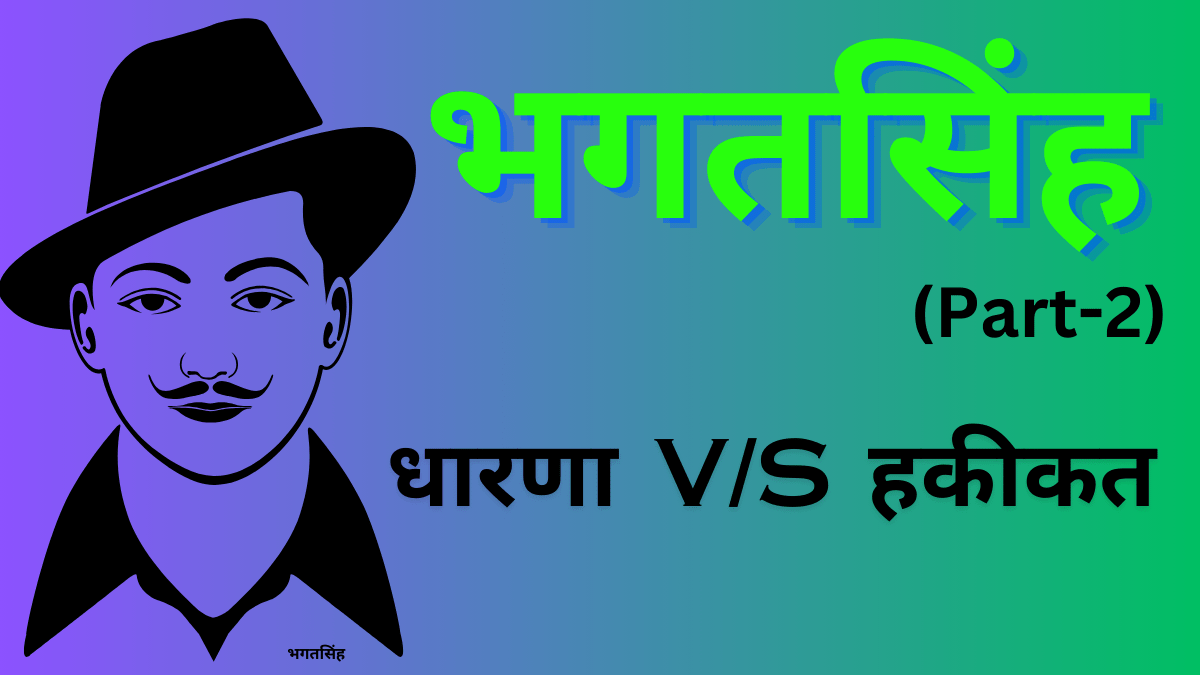Bhagat Singh says that if this world has been created by an omnipotent, omniscient and omnipresent God, then why is there so much sorrow, injustice and dissatisfaction in it? If these sorrows, pain and injustice are the result of the deeds done in the previous birth, then isn’t this God’s idea of taking revenge? Why should he not give humans a chance to improve? Why is he a vindictive person instead of a reformist? Bhagat Singh, while calling God worse than Nero and Changej Khan for this pain, injustice and exploitation, even dares to call him a violent and vindictive dictator, if it is true. If God exists and he has created such a discriminatory world.

Experience the power of inclusivity with https://Accstores.com. Our platform provides a comprehensive array of tools and services designed to make websites accessible to all users. From automated testing to expert consultation, we offer tailored solutions to meet your accessibility needs. Join us in creating a web that welcomes everyone. Explore https://Accstores.com today and revolutionize your online presence.
mouse Click The Following Post
https://Accstores.com
Лучший автосервис Ниссан в Вашем городе, где заботятся о Вашем автомобиле.
Надежный автосервис Ниссан для Вашего авто, где заботятся о каждой детали Вашего автомобиля.
Профессиональный уровень обслуживания автомобилей Ниссан, используют только оригинальные запчасти.
Лучший выбор для автолюбителей – автосервис Ниссан, где вас ждет профессиональный подход и внимание к деталям.
Сервисный центр для автомобилей Ниссан – Ваш выбор, с учетом всех особенностей марки.
Сервис Ниссан https://nissan-remont-1.ru .
Discover https://Accstores.com, your ultimate resource for web accessibility solutions. We provide a wide range of tools and services to ensure that every website is inclusive and user-friendly. From automated testing to expert consultation, we have everything you need to enhance your digital presence. Join us in our commitment to making the web accessible to all. Explore https://Accstores.com today and take the first step towards a more inclusive online experience.
simply Click The Next Website
https://Accstores.com
Топ-5 средств для лечения акне
причины возникновения акне у женщин https://www.aknee.store/ .
Топ-5 средств для лечения акне
лазерное лечение акне https://lechenie-akne.ru/ .